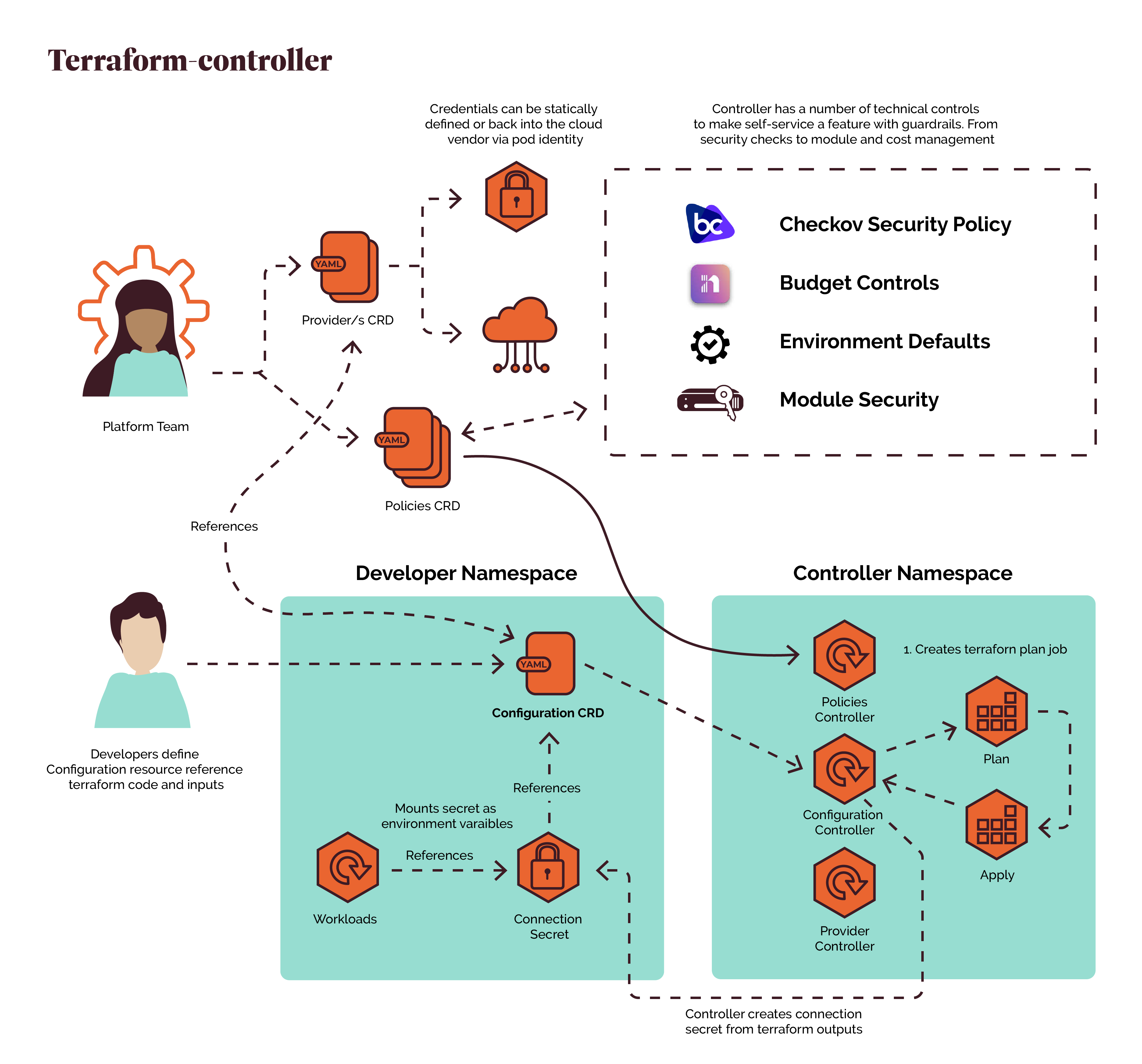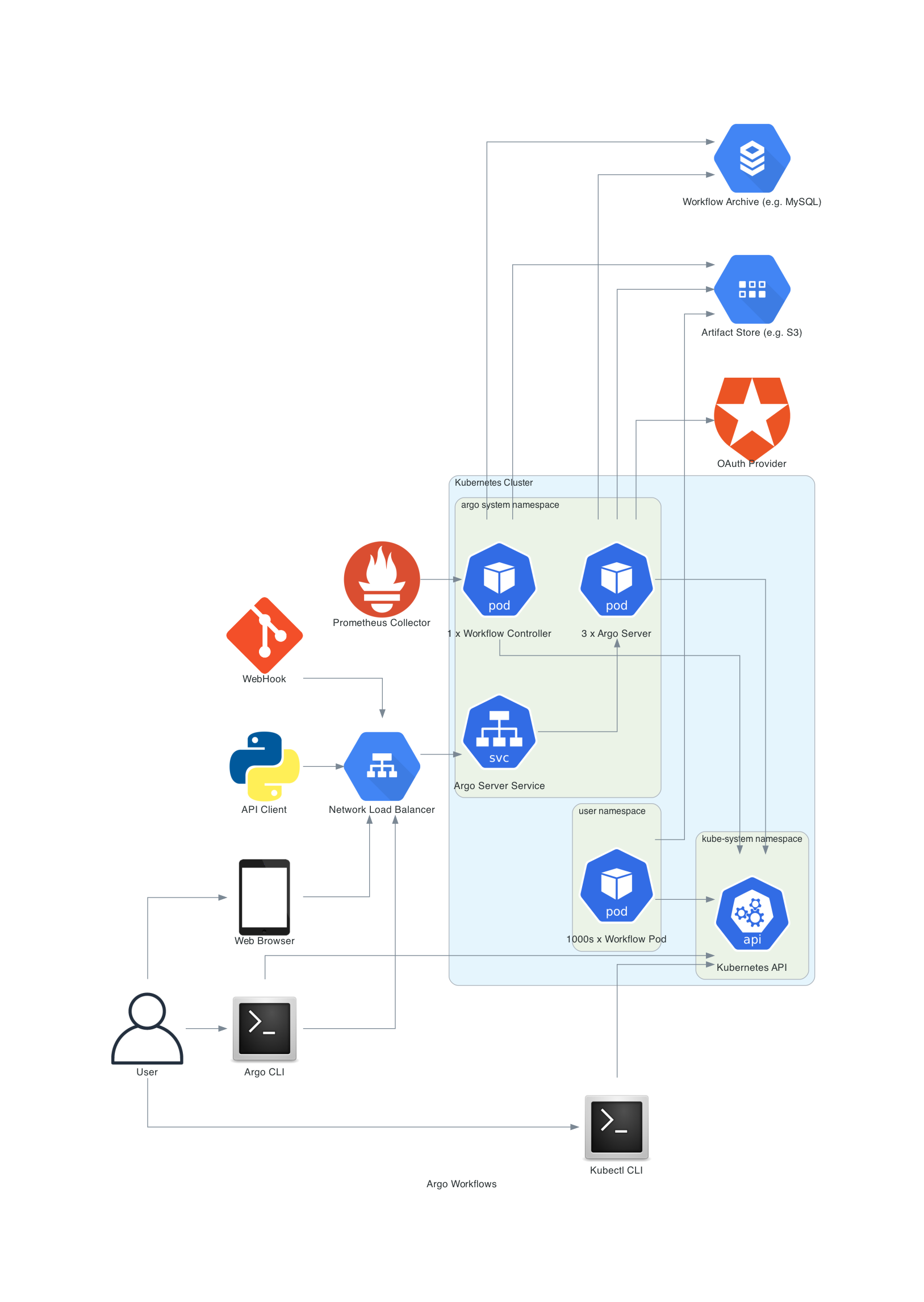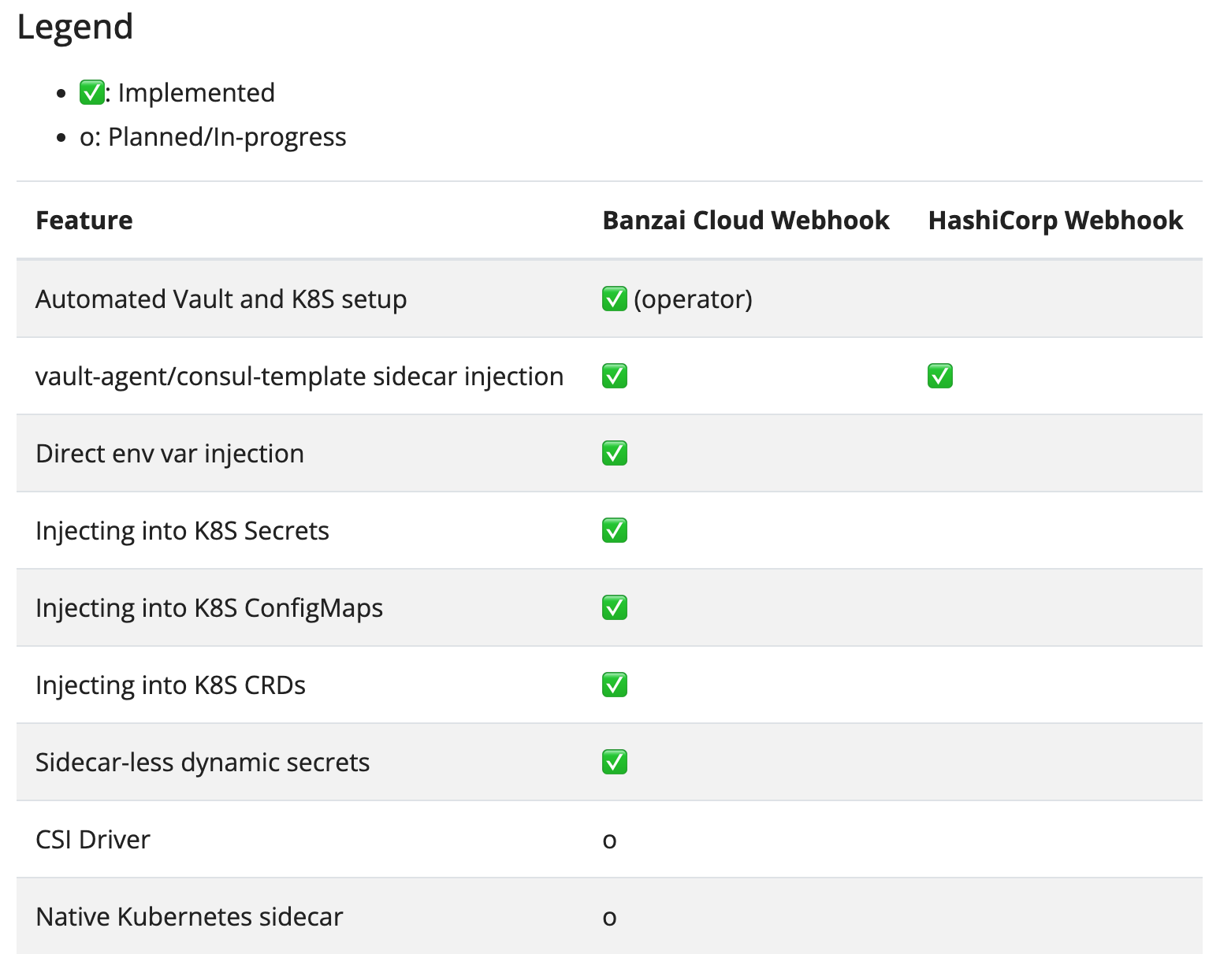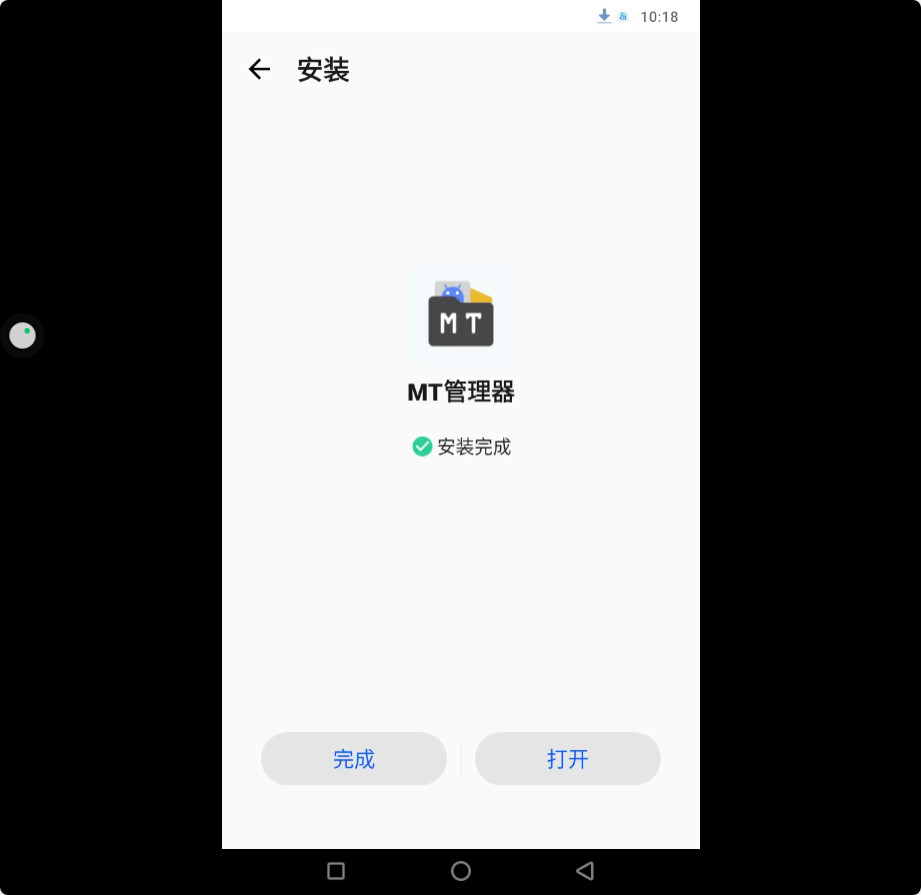之前连续写了几篇 Shell Operator 的东西,后来又写了一篇 cosign 的介绍,细心的读者可能会猜到,最终我的目的就是会用 Shell Operator 结合 cosign 来检查镜像的签名,以此保障镜像的完整性——是的,这个过程相当容易。
Shell Operator 除了初期的调度和 Prometheus Exporter 功能之外,最近又加入了 Validating Webhook 的能力,和以前的几篇文章的内容结合起来,能非常轻松地实现检查镜像签名的能力。
简单地设计如下功能:
- 创建密钥对,以私钥对镜像进行签名,公钥用 Secret 的形式保存进集群。
- 创建 Shell Operator 配置,只针对打出了特定标签的命名空间中的对象进行检查。
- 配置保存为 Configmap。
- 部署 Shell Operator 组成的 Validating Webhook.
- 在特定命名空间中创建工作负载,触发校验功能。
- Shell Operator 使用公钥进行校验,校验通过才能成功运行。
我们给 Webhook 编写如下配置:
config:
namespace:
labelSelector:
matchLabels:
signed: "required"
rules:
- apiGroups: ["apps"]
apiVersions: ["v1"]
operations: ["CREATE", "UPDATE"]
resources: ["deployments"]
scope: "Namespaced"
配置内容声明,仅对标签为 signed=required 的命名空间中的 Deployments 对象生效。将配置文件生成为 Configmap,保存到 Configmap 中,运行期加载为存储卷,然后就可以在代码中如此调用:
parser = argparse.ArgumentParser(description='Pod hook for Shell-Operator')
parser.add_argument('--config', action='store_true')
args = parser.parse_args()
CONFIG_FILE = os.getenv("CONFIG_FILE", "/etc/cosign-validator/config.yaml")
if args.config:
with open(CONFIG_FILE) as cfg:
print("".join(cfg.readlines()))
sys.exit(0)
公钥文件保存在 Secret 里,这里假设我们加载为 /etc/cosign-keys/cosign.pub,就可以用如下代码进行校验:
# 响应文件名称
RESPONSE_FILE = os.getenv("VALIDATING_RESPONSE_PATH")
...
key_file = "/etc/cosign-keys/cosign.pub"
for container in json_obj[0]["review"]["request"]["object"]["spec"]["template"]["spec"]["containers"]:
image = container["image"]
try:
# TODO: Read public key name from annotation
subprocess.check_call([
"/usr/local/bin/cosign",
"verify", "-key", key_file, image])
except subprocess.CalledProcessError:
message = image
break
...
with open(RESPONSE_FILE, "w") as writer:
if len(message) == 0:
writer.write('{"allowed":true}')
else:
content = '{"allowed":false, "message":"The image ' + message +' is not signed properly"}'
writer.write(content)
主体代码之后,就需要考虑如何部署了,首先要生成 Docker 镜像:
# 一段构建,生成 cosign
FROM golang:1.16.2-alpine3.13 as builder
RUN apk add --no-cache git=2.30.2-r0
RUN go install github.com/sigstore/cosign/cmd/cosign@v0.1.0
# 二段构建,加入代码到 hooks 目录
FROM flant/shell-operator:v1.0.0-rc.2
RUN apk --no-cache add python3=3.8.8-r0
COPY --from=builder /go/bin/cosign /usr/local/bin
COPY cosign-validation.py /hooks
Webhook 需要根据服务名称等信息生成证书用于和 API Server 之间的通信过程,此处略过,可以直接参看源代码。另外为了能够注册服务,还需要一个具备权限的 ClusterRole:
apiVersion: rbac.authorization.k8s.io/v1
kind: ClusterRole
metadata:
name: cosign-validator
rules:
- apiGroups: ["admissionregistration.k8s.io"]
resources:
- validatingwebhookconfigurations
verbs:
- list
- create
- update
这些对象和证书可以用 Helm Chart 组织起来,进行集成安装部署。
部署成功后,可以尝试分别使用签名和未签名镜像进行部署,会看到未签名镜像会被拒绝。详细操作和测试过程可以参见视频。
项目代码:https://github.com/fleeto/sign-validator
文章来源于互联网:在 Kubernetes 中检查镜像签名





